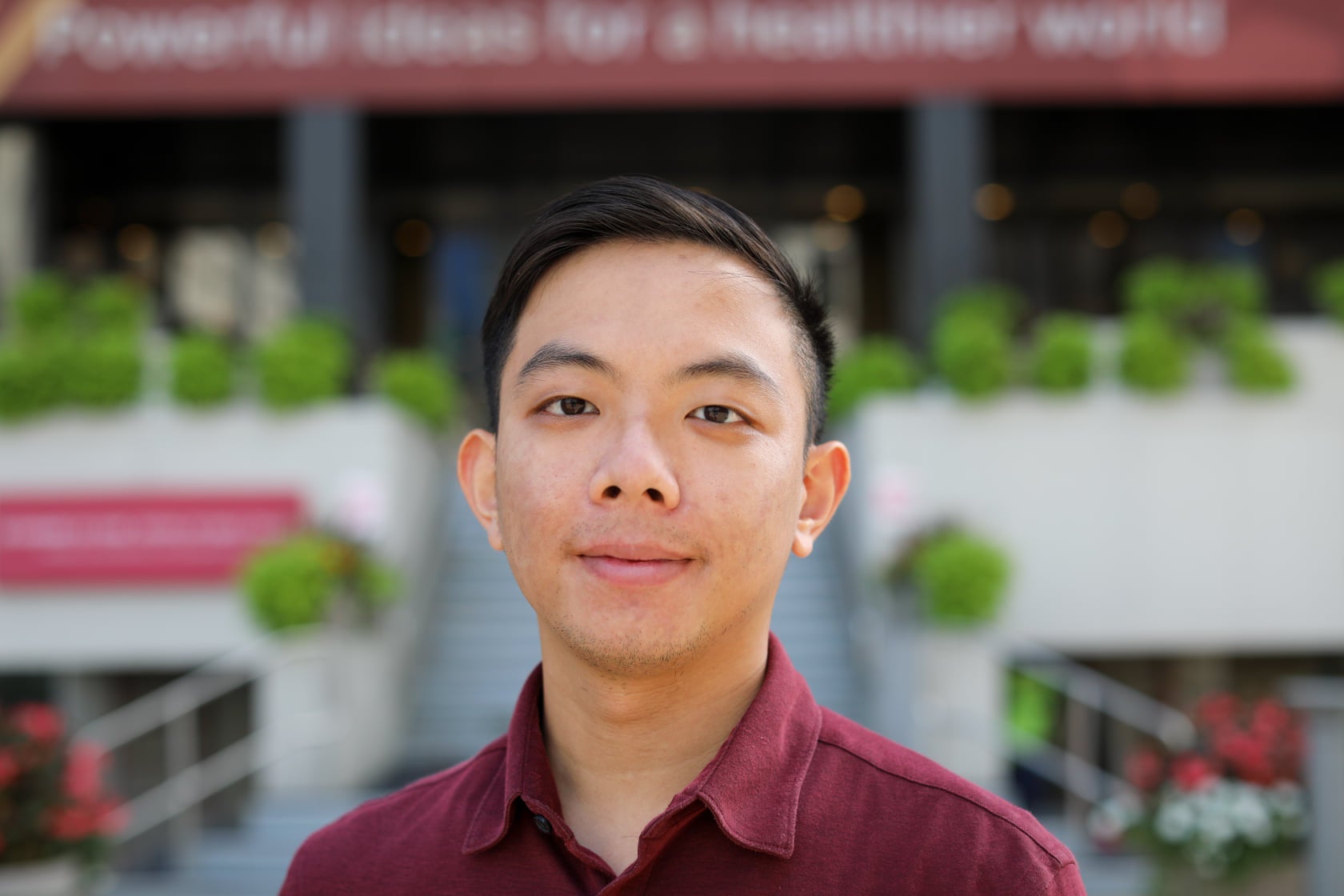By Brandon Yan
CNN touts itself as “The Most Trusted Name in News.” In reality, that is not quite true, at least according to 2019 data from Gallup.
The most trusted sources of news are in fact local television news and local newspapers. Respectively, 74% and 67% of survey respondents found them trustworthy. Just 48% trusted CNN.
My media appearances during the COVID pandemic taught me the value of local news for public health. I and my team at the Asian American Research Center on Health (ARCH) had been studying the impact of COVID-19 on Asian Americans. We discovered that Asian Americans had the highest case fatality rate from COVID of any race or ethnic group in San Francisco and elsewhere.
Two of our publications, one locally focused on San Francisco and another nationally focused, received widespread attention. National outlets such as NBC News, USA Today, and Yahoo News covered our work.
Yet our media appearances of greatest impact occurred in local outlets, including one little-known.
From the outside, KTSF26 is a tiny, low-budget, Chinese-language television station. But on the inside, it is the largest ethnic-specific television station serving San Francisco, where 34% of the population is of Asian descent with a thriving Chinese immigrant base.
After coverage of our research aired as the third segment on prime-time evening news, it reached numerous influential figures. Reporters acting on our publication applied pressure to the San Francisco Board of Supervisors, at least one of whom personally read our report. They in turn applied pressure to the public health department.
The Chinatown community and its physician groups became aware of the issue and also began pressing for answers. Several community leaders wrote an op-ed calling out the need for policy and cultural changes in local government to effectively tackle health disparities.
A following front-page article in the San Francisco Chronicle drew emails to our research team from local hospital leadership seeking greater insight into the data and what more could be done.
Among the many outlets that covered our work including large national names, the one for which I heard the most feedback from was the KTSF segment.
My uncles and aunts, my hairdresser, and even my vehicle mechanic commented on seeing me on TV.
This speaks to the tremendous reach of local news and the degree of trust that people place on seeing reporters, anchors, and guests who are familiar to them and understand their local contexts.
The reporters, at least in the San Francisco Bay Area media market, tend to stick around for decades, attend local gatherings, and achieve celebrity status by retirement. They have their local politicians’ cell numbers. And, we trust them because we know that they have walked the same streets and driven over the same potholes as we have.
The decline of local media concerns me greatly. Our work on COVID and its impact on Asian Americans in San Francisco reached our local legislators and public health department because local news worked to hold them accountable. Our media appearances mattered because people trusted these networks and the stories their reporters and guests told.
America struggled to contain COVID-19. When the next pandemic strikes, I can only hope that people like Yalek Huynh and Heather Knight will still have jobs.
You won’t know who they are. But the locals will, and that can make all the difference.
Brandon Yan is a MPH student in health policy at the Harvard TH Chan School of Public Health and a medical student at UCSF School of Medicine. Brandon’s research focuses on access to healthcare, Medicare payment reform, and Asian American health with publication in major peer-reviewed journals and coverage in national and local media including the SF Chronicle, Newsweek, US News & World Report, and KRON4 News.




